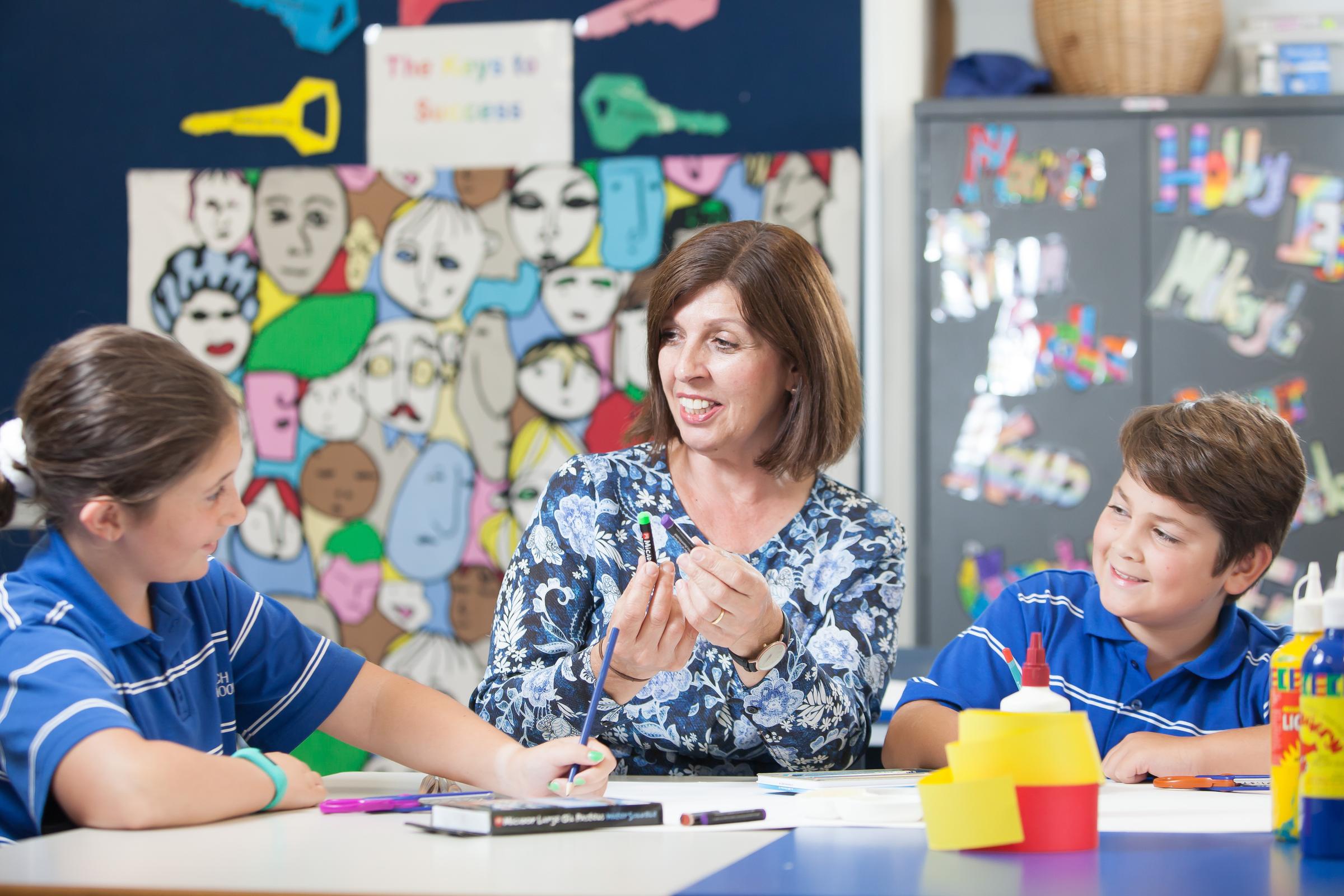Wellbeing

Ways to solve a problem at school
Positive response
Trying to solve the problem
Taking responsibility for your part
Staying calm: calm words, calm actions and low volume
Showing respect
Showing concern for others’ wellbeing
Getting help from an adult if you have tried to solve the problem and it hasn’t worked
Accept genuine apologies
Negative response
Continuing or escalating the problem
Not taking responsibility , blaming others.
Losing your cool, overreacting and being aggressive: invading personal space swearing, yelling, violence
Showing disrespect: sarcasm, sass, attitude, talking back
Not caring for others’ wellbeing: making it personal, insults, put downs, ganging up
Allowing the problem to escalate (get bigger)
Holding a grudge
It is easy to focus on the negative – we have a natural tendency to do so! Remember to challenge your negative thoughts, ask yourself what evidence supports them, and look for the positives that happen each day! (Sometimes these are easier to find than others!)
Ways to solve problems in our Playground…
We need to make sure our play space is safe for EVERYONE!
If another student is doing something you don’t like, you need to tell them to stop.
STUDENT SCRIPT:
“I don’t like what you’re doing, please stop.”
IF THE BEHAVIOUR DOES NOT STOP
STUDENT SCRIPT:
“I’ve already asked you to stop, I’m telling a teacher.”
You need to report this to the yard duty teacher immediately.
This is not dobbing. This is being responsible. We need to work together.
WHEN SOMETHING IS AN ACCIDENT...
STUDENT SCRIPT:
‘I’m sorry ... It was an accident!
Are you Okay?’
Please see the flyer attached for more details.
Wellbeing Room
Our Wellbeing room is a calm space where our Wellbeing Coordinator and our Pastoral Care Worker (PCW) can provide children with the necessary support they require to increase resilience, improve social skills and develop independence. It is also where small group sessions are held on a needs basis from everything from Friendship to Managing Stress. Programs such as Bounce Back, Kimochis, Interoception, Seasons For Growth, Strong Kids are used to teach children how to cope with their emotions, bounce back from problems, and develop positive relationships—all essential life skills.
For more information on our Wellbeing initiatives, please ask to speak to the Wellbeing Coordinator: Tina Mouzakitis or Pastoral Care Worker Cathy Turner
Phone:83567930
Email: tina.mouzakitis552@schools.sa.edu.au
Email: cathy.turner255@schools.sa.edu.au
